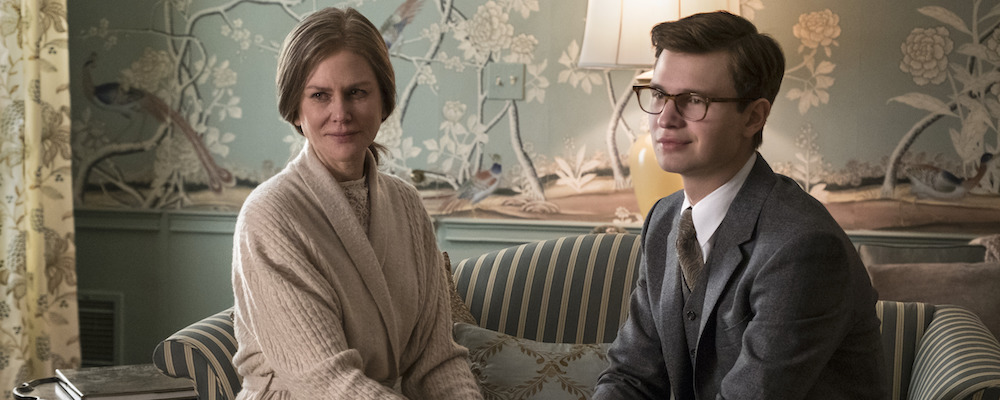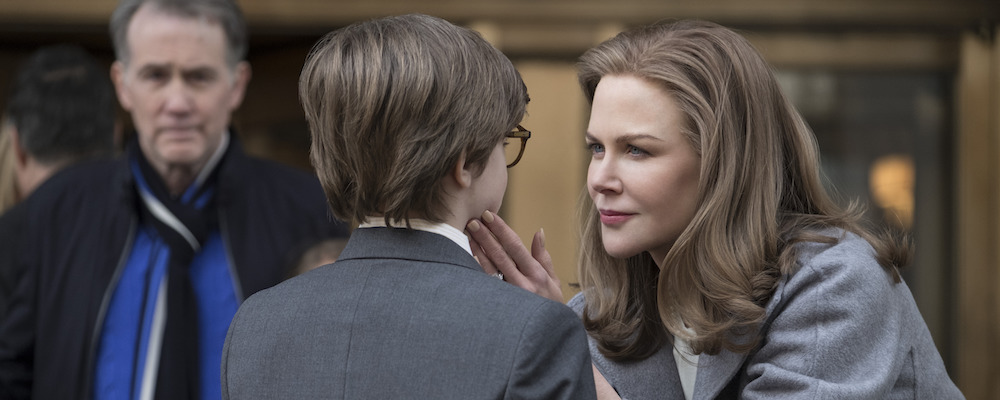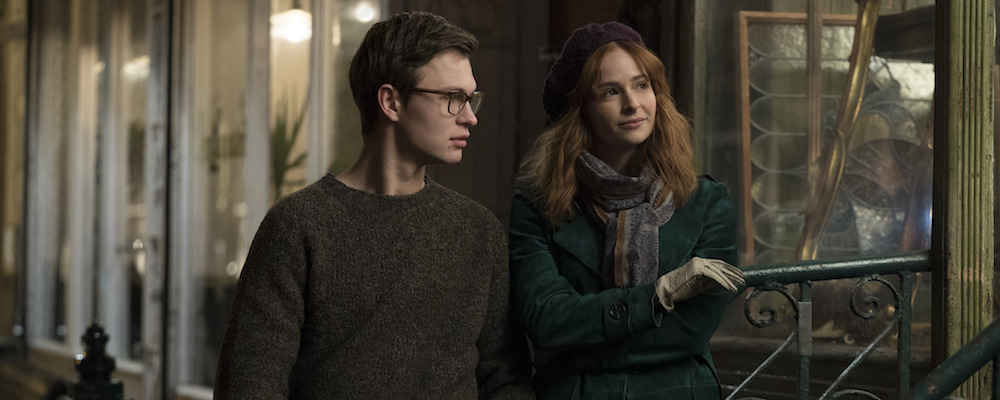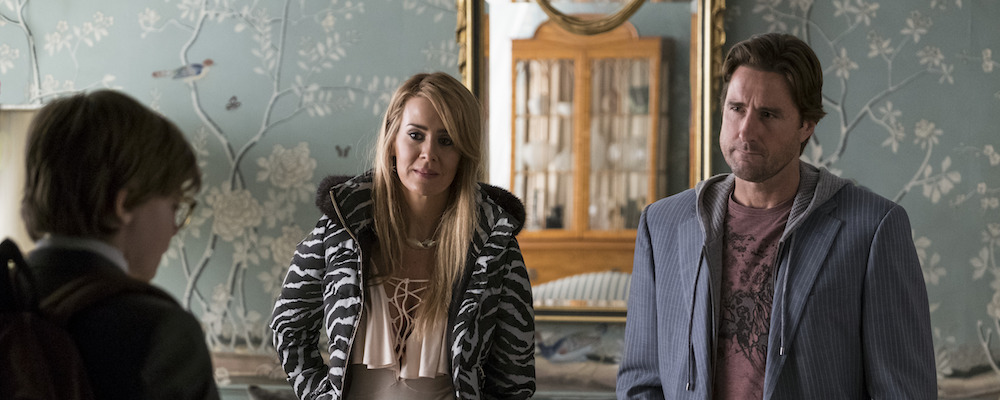‘The Goldfinch’ Spins a Bestseller Into a Meandering Chore
Alci Rengifo
Some stories really should just remain as books. That’s certainly the case with “The Goldfinch,” a very long, meandering adaptation that feels like text translated to the screen with all the nuances left behind. The great challenge with literature is that prose can express feelings, points of view and thoughts which cinema has to find other ways to convey. The Pulitzer Prize-winning novel by Donna Tartt uses its plot as a vehicle for profound explorations of different themes. This movie simply uses the plot, dragging it through for 2 hours and 29 minutes.
Our protagonist is Theo Decker, who we first meet as a young boy played by Oakes Fegley. Theo’s life is forever marked by the day he accompanied his mother to the Metropolitan Museum of Modern Art, gazed at a famous painting of a goldfinch and suddenly a bombing occurs, killing his mom. Amid the rubble a dying man gave Theo a ring to pass on to an antiques trader named Hobie (Jeffrey Wright). Left only with an absentee father, Theo is taken in by a wealthy socialite named Mrs. Barbour (Nicole Kidman). But what feels like stability ends when Theo’s father suddenly shows up at the Barbours’s door. Larry (Luke Wilson) is a shady wannabe businessman living out in Arizona and he takes Theo along. Out in the desert the young Theo discovers youthful rebellion with classmate Boris (Finn Wolfhard). But when Larry gets into trouble with under the table schemes, Theo runs off and is back in New York. Cut to an adult Theo (Ansel Elgort) getting into the arts and antiques trade while hiding the fact that after the bombing all those years ago, he took the goldfinch painting which is sought by many the greedy collector.
Everything about “The Goldfinch” screams “Oscar contender,” from its notable director to its stellar cast. But it’s all surfaces. John Crowley, who directed the engaging film “Brooklyn,” seems to be working on autopilot here. He’s handed a lengthy script by Peter Straughan culled from Tartt’s 800 pages of novel and films it straight through without any attempt at transforming it into a cinematic vision. For most of it’s running time the nagging question is, what is this movie about? Because the bombing isn’t the main point (there’s never a clear explanation is to the who or why), the narrative is essentially just following Theo as he lives among the jaded rich, then with his deadbeat father in Arizona. It’s all episodes without purpose, unless the purpose is that we’re supposed to feel sorry for the kid. Even the dialogue is never molded into anything fresh or absorbing, sometimes it can feel like Straughan copied text from the novel word for word (“the painting…oh, the painting”). Credit should go to master cinematographer Roger Deakins for bringing his trademark visual richness to the film, where even the blandest scene can have an ethereal glow.
The other notable element of this film is of course the cast. Oakes Fegley’s look alone can generate sympathy, Jeffrey Wright is good as the mentoring Hobie and Nicole Kidman again proves she can play a likeable socialite. Sarah Paulson is subdued toxicity as Larry’s attractive Arizona wife Xandra. Alas the adult Theo, played by Ansel Elgort is quite the cold fish. He has the demeanor and charm of a shadow. When he dates Mrs. Barbour’s daughter, Kitsey (Willa Fitzgerald), it’s hard to generate sympathy for him when she cheats considering he seems like such a disturbed bore. Yet much of this is not the actors’ fault. They are maneuvering through a script that gives them little dramatic meat aside from shallow drama. Theo returns to New York, gets engaged with Kitsey for no apparent reason, keeps flashing back to the museum bombing but expresses few ideas to engage us. Is this a story about trauma? Identity? Finding oneself in a privileged environment? The Arizona scenes are your typical moments of pre-adolescence as Theo and Boris smoke Xandra’s cigarettes, drink beers and drop acid while reflecting on how similar they are because life dealt them a harsh hand (Boris’s father happens to be an alcoholic).
When finally we reach the third act the entire narrative spirals into some confusing neo-thriller about the fate of the goldfinch. But it’s so indecipherable that a trip to the bathroom or concessions stand will leave you permanently lost. Theo bumps into a grown Boris (Aneurin Barnard) who seems to have some connection to the destiny of the painting. But by then the movie has carried on for so long with its hovering over Theo being sad, Theo being dumped, Theo nearly getting nabbed for selling counterfeit antiques that it takes real stamina to keep going until the end credits.
Every season sees a major title hyped for awards glory turn out to be a dud. Such is the case of “The Goldfinch,” which feels like a project that came to be because some producer likes to scan the New York Times bestseller list for hot properties. In this case it is best to relax at the beach and patiently make your way through Donna Tartt’s 800 well-written pages than this film’s grueling 149 minutes.
“The Goldfinch” opens Sept. 13 in theaters nationwide.




